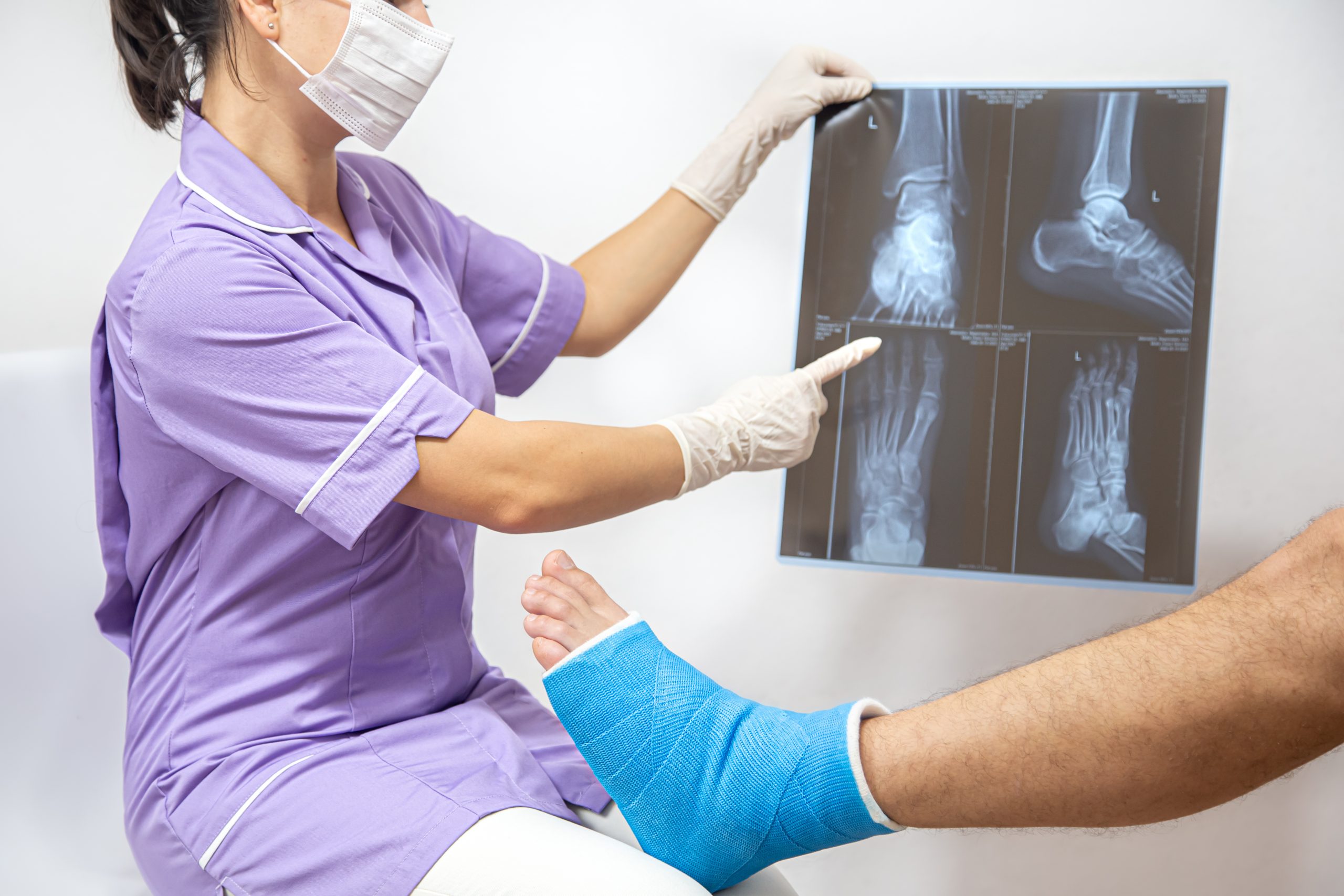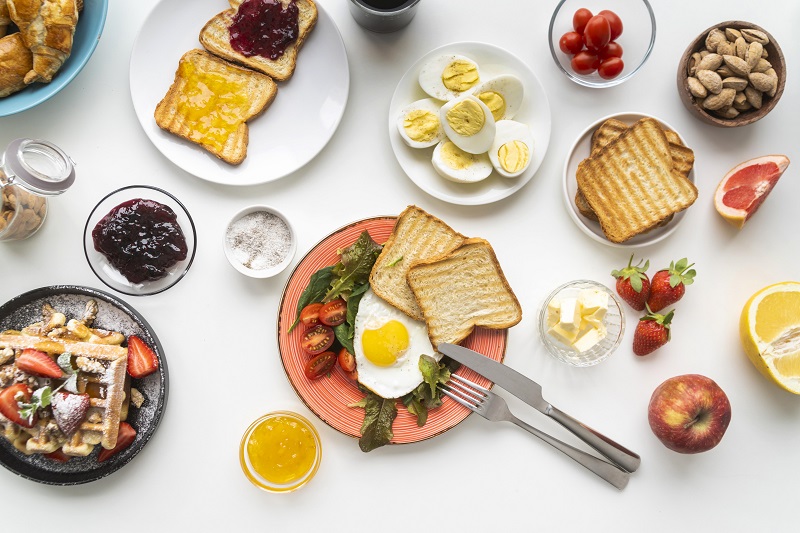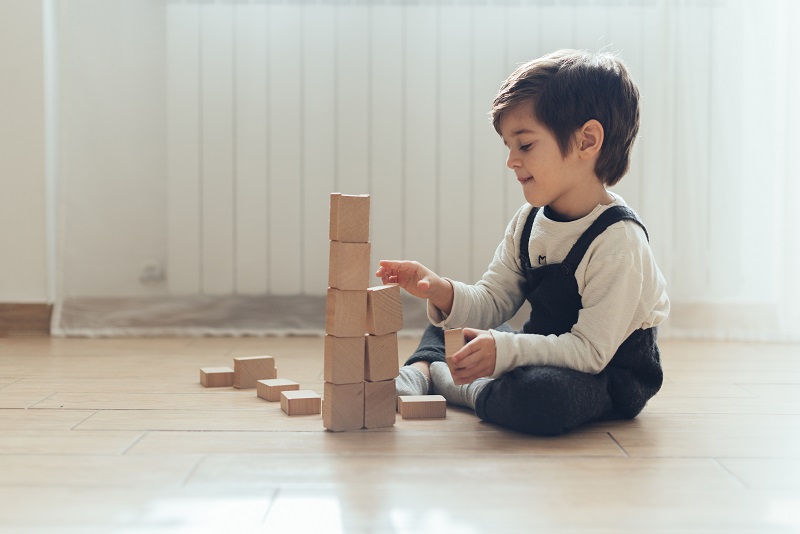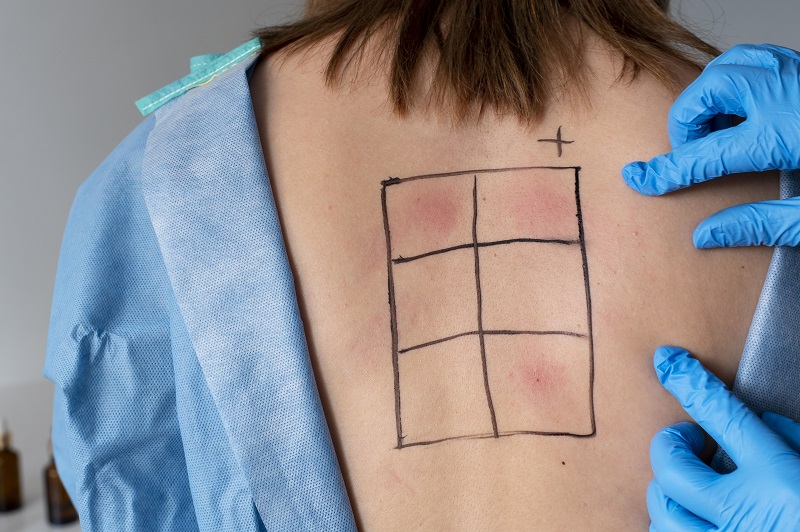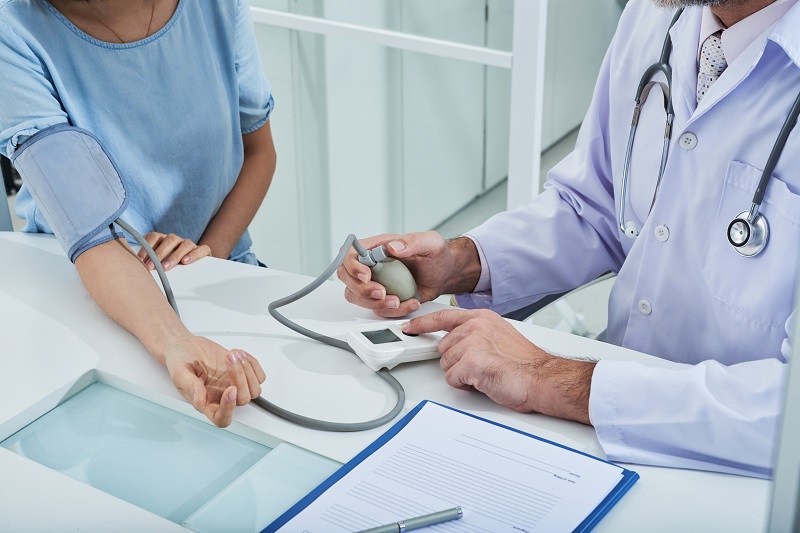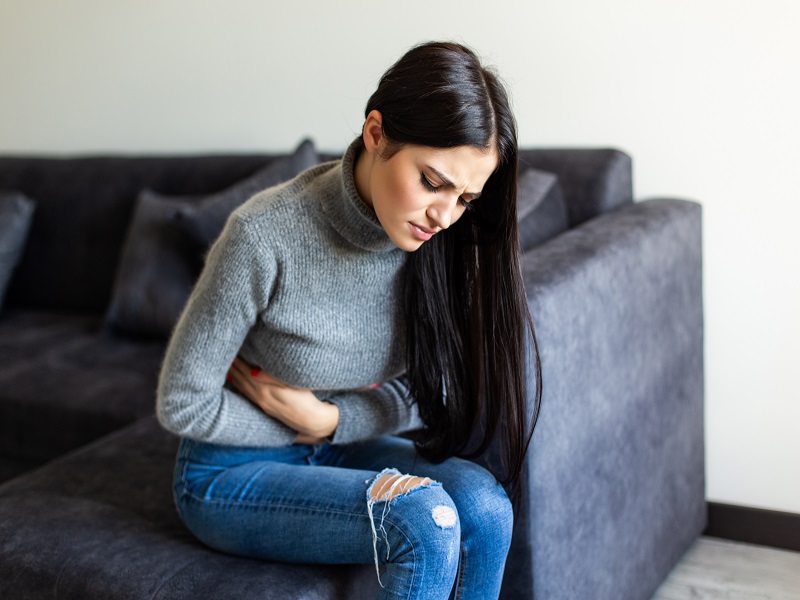The Buyt Desk
With ageing bone loss is a natural occurrence. But, if not taken seriously, the condition may lead to osteopenia and then osteoporosis. Therefore, you must know the difference between both conditions and be watchful toward your bone mineral density (BMD) score. Before that, let’s check the difference between Osteopenia and Osteoporosis.
The Primary Difference Between Osteopenia and Osteoporosis
The bone strength is measured by bone mineral density BMD score. It is the level of minerals present in the bone, more specifically calcium, because its percentage in bone density is the highest.
A lower bone density score depicts an increased risk of bone fracture and break. But technically, lower bone density does not always mean osteoporosis. This condition is called osteopenia. In osteopenia, the bone density remains between -1 to -2.5, and in osteoporosis, the score remains lower than -2.5. Osteopenia often shows no symptoms, but if doctors find that your bones break off easily, they might measure your bone density along with dual-energy X-ray absorptiometry (DXA/DEXA) scans of the lower spine and the hip.
What Happens When The Bone Density Decreases?
Every individual loses bone with age. At the age of 35, it remains at its peak. And as age progresses, the bone density begins to drop. It is natural, but certain factors accelerate the process of bone density declination, such as
-
Women
-
Age above 35
-
People with smaller and thinner body shapes
-
History of poor nutrition diet
-
Smoking
-
Alcohol consumption
-
Thyroid problem
-
Menopause
-
Medication like steroids
-
Hormonal changes
When the bone density decreases, the honeycomb-like structure inside the bone becomes more porous. The more porous space inside the bone makes it more fragile and develops a high risk of fracture.
How To Treat Osteopenia Before It Grows
Osteopenia is the condition where bone begins to lose its density. The treatment of the same will prevent further loss of bone density. Osteopenia that leads to osteoporosis is also a genetic disorder. If it has come to you as a genetic problem, you have to be more watchful. Though you cannot control ageing and genetics, you can be vigilant with your diet and other activities to make your bones strong and healthy. A few things that you can do to increase your bone density are
-
Quit smoking
-
Lower down alcohol consumption
-
Take a balanced diet, those that are rich in vitamins and minerals
-
Take supplements of vitamins and minerals
-
Stay active and practise weight-bearing exercises
Consult with your doctor and dietician and check the food that can help you with improving your bone density.
Osteopenia is not a serious issue but if not taken care of, it would lead to a more serious condition, i.e. osteoporosis.

